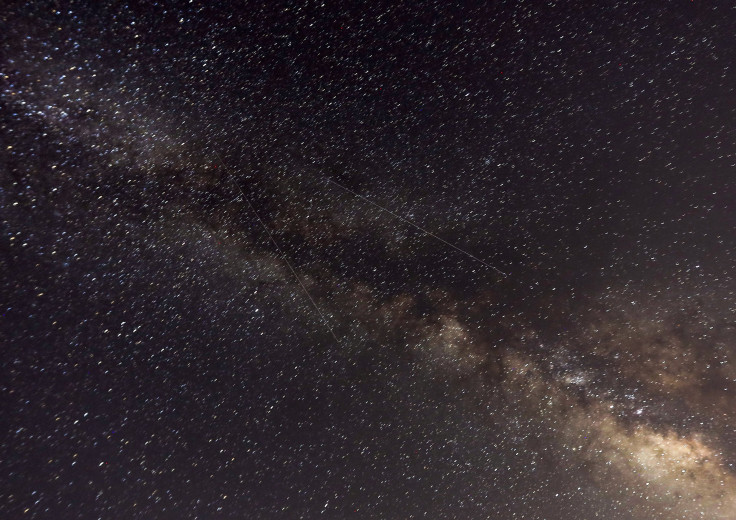The Universe Is Expanding Much Faster Than Anticipated

The theory of cosmic inflation, which seeks to explain the expansion of the universe miliseconds after the Big Bang, has been with us since 1979 when it was proposed by theoretical physicist and Kavli Prize winner Alan Guth at Cornell University.
Cosmic inflation has done well in explaining why the universe appears to be the same in all directions (isotropic) and why the Universe is flat and not spherical. But it's not done as well in explaining a basic question it was supposed to have answered in the first place: How fast is the universe expanding?
The answer, or any answer to this vexed question, became more problematic with the recent publication of a study that dismisses all previous calculations and theories about the rate of cosmic inflation, also called the Hubble Constant.
The study published Thursday in The Astrophysical Journal argues the universe is again expanding faster than expected. The revised expansion rate is about 9 percent faster than that predicted by observations of the universe's trajectory shortly after the Big Bang.
Using a new method in conjunction with the Hubble Space Telescope, a team of astronomers calculated the absolute brightness of 70 Cepheid variables in the Large Magellanic Cloud more accurately than ever before.
Data from these observations allowed astronomers to derive a new Hubble Constant: 74.03 kilometers (46 miles) per second per megaparsec. This number is some 9 percent faster than estimates based on Planck data. And the chance the discrepancy is a fluke or an error is now just one in 100,000 from I in 3,000.
The current Hubble Constant based on data from the Planck satellite is 67.4 kilometers (41.9 miles) per second per megaparsec, with less than 1 percent uncertainty.
The Planck satellite measures the cosmic microwave background or CMB, which is the conditions of the early universe just 380,000 years after the Big Bang.
"This mismatch has been growing and has now reached a point that is really impossible to dismiss as a fluke," Adam Riess, study lead author and a professor of physics and astronomy at The Johns Hopkins University in Baltimore, said.
"This is not what we expected," he added.
He noted it's unclear what's driving this surprising acceleration, but it might have to do with dark energy.
Riess won the Nobel Prize for physics in 2011 along with Brian Schmidt and Saul Perlmutter for showing the universe's expansion is accelerating.
Scientists are now saying this new and more accurate Hubble Constant means there's something out there they’ve missed. A study published in 2018 contends this acceleration might be the result of an increase in the density of dark energy, which constitutes some 70 percent of the matter-energy density of the universe.
Other scientists believe the acceleration might mean dark matter is interacting more strongly with normal matter than they’ve accounted for. Or, this result can’t be explained by physicas as we know it.
"This is not just two experiments disagreeing," Riess said.
"We are measuring something fundamentally different. One is a measurement of how fast the universe is expanding today, as we see it. The other is a prediction based on the physics of the early universe and on measurements of how fast it ought to be expanding.”
"If these values don't agree, there becomes a very strong likelihood that we're missing something in the cosmological model that connects the two eras," he explained.



























